- Robert meets World
- Posts
- Are You The Hero Of Your Own Story?
Are You The Hero Of Your Own Story?
When we’re not living in the archetypal cycle of mythology as shown by Joseph Campbell, we find ourselves quite far from what might be understood as one of the main patterns of life.
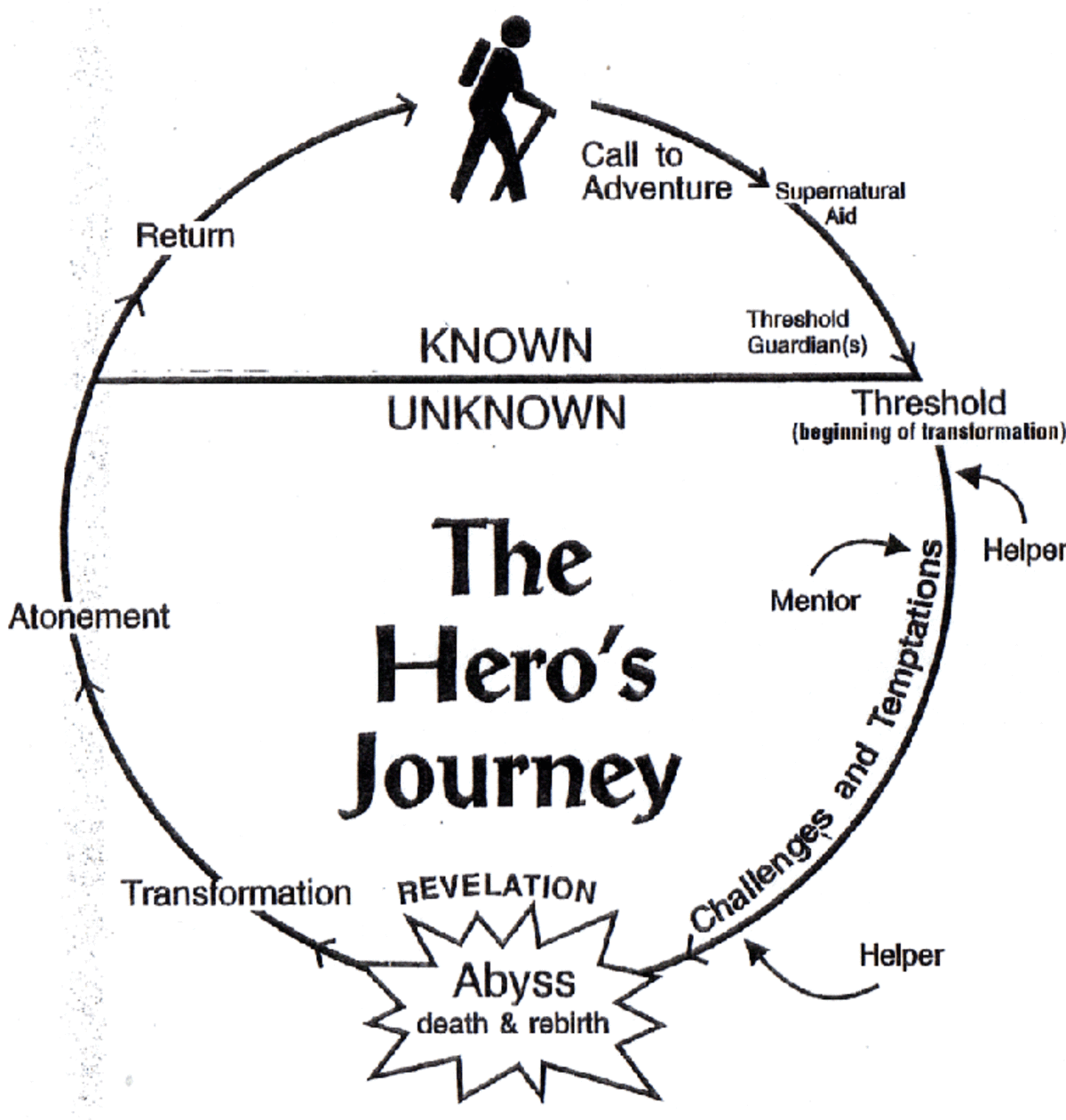
The hero’s journey is an archetypal pattern deeply rooted in our psyche. Our affinity towards stories—and the gravity storytelling holds in our lives and reasoning—is an indication of how fundamentally driven by narratives we are.
From a Neuroscience angle, Dr. Curt Thompson describes in his book Anatomy of the Soul that our right brain ("creative side") often creates stories to rationalize what our left brain can’t necessarily reason about. A fact aptly demonstrated in the essential "Split Brain" Experiments of the 50s.
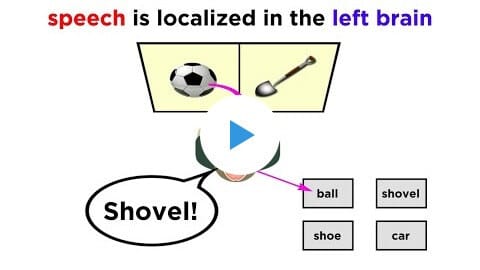
What's more, in the "hemispheric" model of brain science, Thompson goes on to describe, the right hemisphere is thought to develop first in children, leading us to think that children don't come into the world with a model of "linear thinking" to start with. Similar reasoning might suggest why the narrative and symbol harbor such a critical and emotional sticking point to our psyche - dream analysis work by Robert Johnson suggests the unconscious communicates via dream images as a conduit to "higher dimensional" reasoning. Now before you don an apron and run off to the commune, "higher dimensional" merely reflects a higher density of information contained in a symbol due to it's subjective nature than say a literal numeric figure.
When searching for meaning, therefore, the hero’s journey emerges as a recurring archetypal pattern in literature and life.
In many ways, it reflects an honest truth about how to live: embracing a heroic modality, we often find ourselves more fulfilled, more in flow, and more in touch with the meaning of being human.
What Does Living Heroically Mean?
Living heroically doesn’t necessarily mean jumping in front of cars to save babies (though it might). I think living heroically comes down to living authentically as who you are—following your own desires and meaning, and trying to follow that direction to the best of your ability.
It is a journey necessitating faith. I know from my own experience that I’ve struggled with faith for years.
More recently, I’ve been growing into faith that life supports me, that the universe supports me, and perhaps most importantly, that I can support myself.
Believing in myself has been an area of limited confidence for years. It remains challenging, but I’m working on it.
It warrants asking ourselves: am I living in the heroic modality or not? You can tell very quickly by how you feel day to day:
Do you feel energetic?
Do you feel afraid yet excited? (One of my coaches said that “fear is excitement without breath”)
Are you living on the edge in a stimulating way?
Is there a sense of risk and adventure?
These questions inch into the Csikszentmihalyi Flow Model which one could suppose characterizes optimal coherence in our lives.
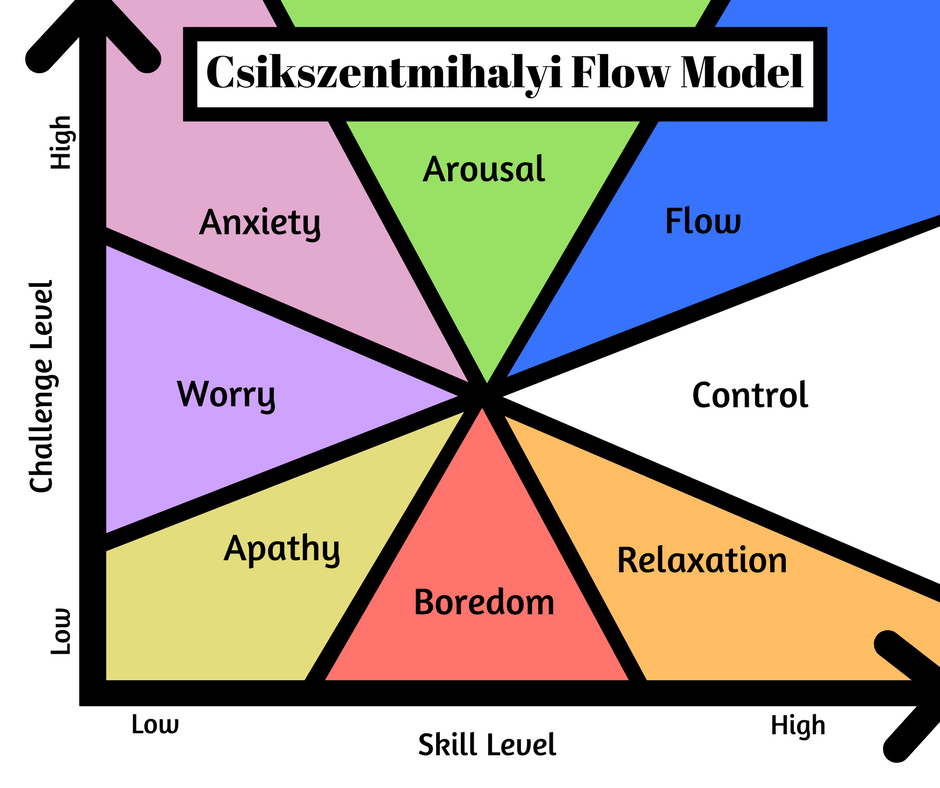
At the same time, you can’t let it become overstimulating. That’s one of our big challenges—sometimes we push too hard (a problem I often have). We think living in a 'heroic state of mind' means you're on edge at all times fighting to survive. I don't think that's true.
In the hero's journey, you’re not fighting the dragon every day.
Instead you’re moving through an archetypal loop with a pattern: known to unknown - venturing to the underworld, and undertaking big tasks.
But climactic moments aren’t daily occurrences - this has been one of my biggest stumbling blocks.
The Alternative: Life Without the Heroic
So what does it feel like not to live in this archetypal mindset?
I think you feel dead inside.
You experience decay and impending nihilism—a sense that the world is dissolving, that things are meaningless, and there’s no point in creating order or building anything.
We can look to philosophers, like Nietzsche, who have argued this is the basis of reality, and that we create illusory ideas to move away from this fundamental emptiness.
But I feel the psyche is functionally optimistic. I have a rough idea that it may need faith and hope to function, even if some argue hope is the enemy.
Faith and the Intellect
On my second reading of Tolstoy’s Confessions—an utterly remarkable book—I had a realization:
To Tolstoy, Faith is the necessary subjugation of the intellect that allows the intellect and reason to function.
When the intellect is left to its own devices (as Milton so brilliantly portrays in Paradise Lost, personifying Satan as the intellect), we see the fall that occurs when intellect tries to combat ultimate reality (personified by Milton as God).
In this conundrum, we are challenged to ask:
Is there something beyond the intellect that we must put our faith in?
It doesn’t necessarily have to be a spiritual entity, though often it is.
Maybe it’s ourselves. Maybe it’s our intuition. But something that is beyond the rational, that seemingly holds together the rational.
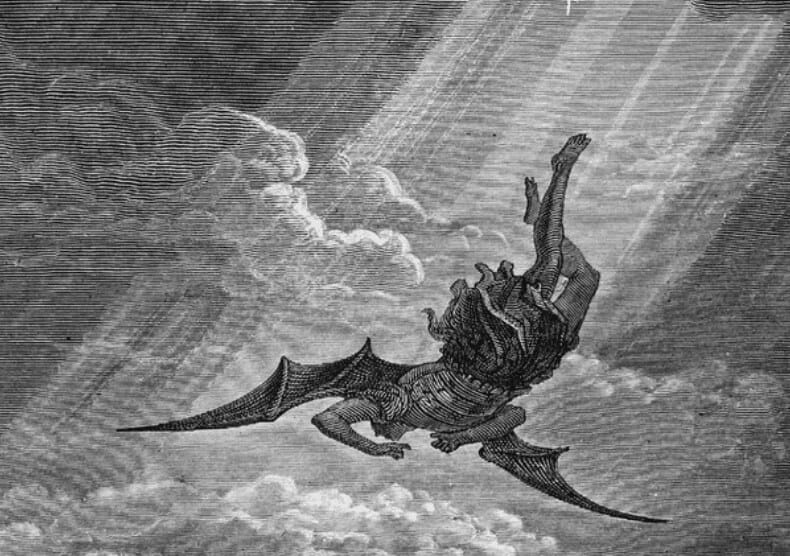
Order, Chaos, and the Hero’s Path
To have order, you must have chaos, and we are bioforms of living order.
In formal logic, we have decidable problems (the known), semi-decidable problems, and undecidable problems (the chaotic).
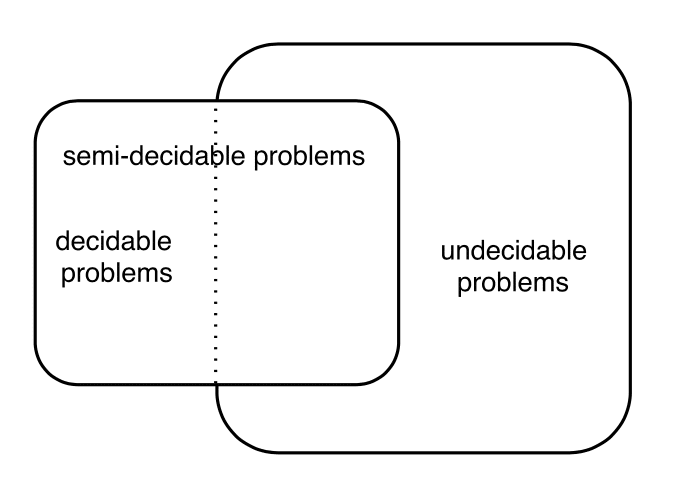
Notice how the order is held within chaos; the superset seems to be chaos, while order is the subset.
To increase the radius of what is known, to expand the campfire of safety, we must take steps into chaos—into the irrational—through the medium of faith.
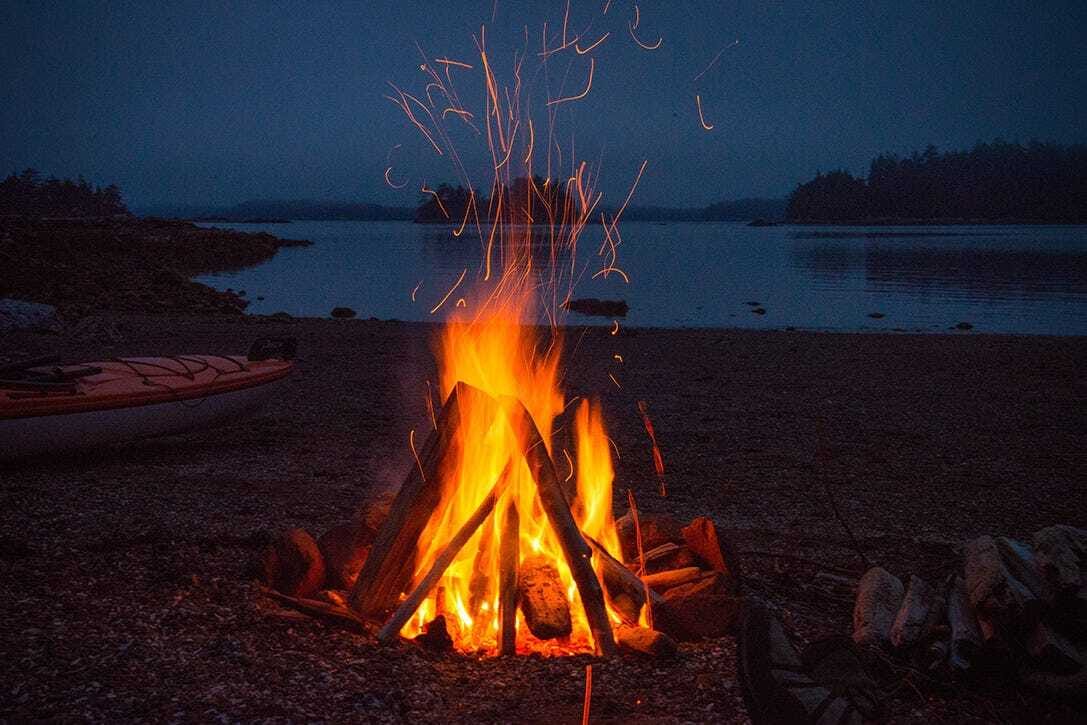
The hero’s journey gives us a blueprint that offers a probabilistic possibility: if we follow this framework, positive things might happen.
And that possibility is something truly amazing.